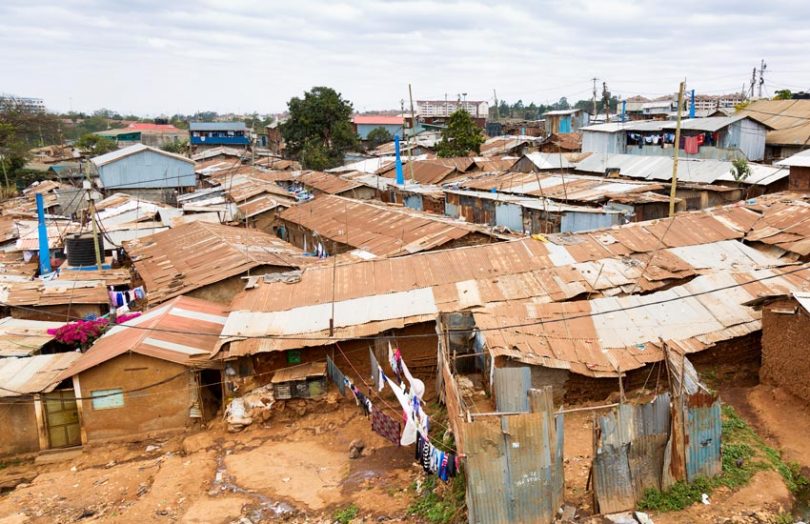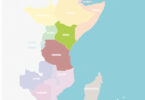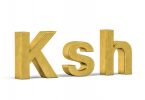A daunting issue with providing aid to impoverished communities is keeping track of it. Still, a solution to that seems insufficient as local economies struggle due to the lack of cash. To address this problem, the Red Cross societies of Norway, Denmark and Kenya have launched a two-year effort to deploy blockchain-based ‘local currencies’ to bolster trade within the vulnerable communities, a report by Thomson Reuters Foundation said.
Every year Red Cross distributes $1 billion in the form of cash or vouchers to help people living in disaster-prone areas. Using blockchain, the NGO hopes to provide slum-dwellers and villagers in Kenya a means to earn digital credits for their work. These credits can then be exchanged for local goods and services.
The Red Cross is trying to create a credit loop within the communities. Rather than purely donating cash, they hope to help villagers to become self-sufficient and survive disasters such as drought, which have become frequent events in Kenya.
The system uses an app on a simple feature phone to transfer the credits, with transactions recorded on a blockchain.
A representative of the Danish Red Cross told Reuters that the system works like Kenya’s popular M-Pesa mobile transfer system, but the user does not need to hold Kenyan shillings.
The report said the project has been tested in parts of Kenya and Ethiopia and boosted economies. By enabling credits to be earned from work or the sale of produce, aid infusions are spent multiple times locally, dramatically expanding the beneficial impact.
The Red Cross is extending the project in Kenya and has plans to roll to it in Malawi, Myanmar, Zimbabwe, Cameroon and Papua New Guinea. The goal is to reach 320,000 users in the next two years.
Last year, the International Federation of the Red Cross and Red Crescent Societies (IFRC) in collaboration with the Kenya Red Cross Society (KRCS) conducted a blockchain open-loop payments pilot project in Isiolo County, Kenya. Blockchain helped record the aid provided to the region and enabled increased transparency and accountability for the distribution.
Two months ago, UNICEF launched a crypto donations fund, which allows the UN body to receive, hold and distribute donations in the form of digital assets.
In Sierra Leone, U.S.-based Kiva has launched a blockchain platform to create digital identities of the citizens.
The Red Cross also has a digital identity project with Evernym and four other NGOs. The ‘ID for Good Initiative’ aims to record and track the aid provided to vulnerable communities.






